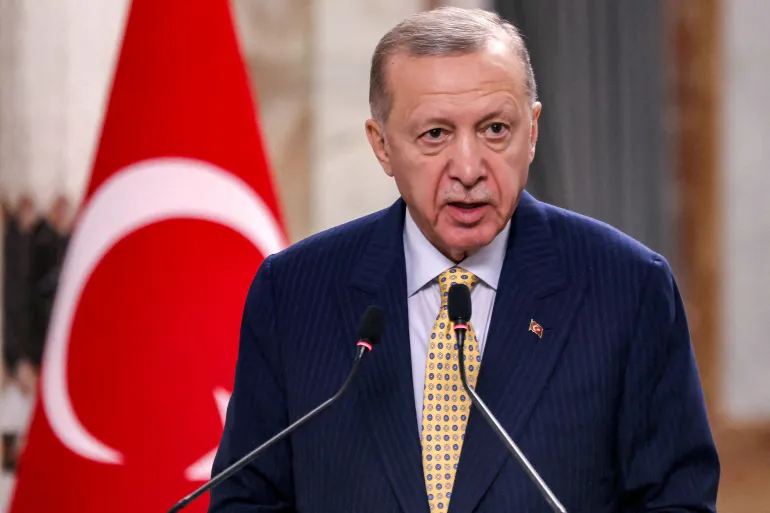The European Union has taken legal action against Hungary, referring the country to the Court of Justice over its controversial “sovereignty protection act,” The Associated Press reports.
The legislation, which came into effect in December, has been widely criticized for its potential to stifle free speech and target government critics.
The act establishes a government authority with broad powers to investigate and prosecute people or groups deemed to be undermining Hungary’s sovereignty through foreign funding and influence. The authority can enlist the help of Hungary’s secret services in its investigations, raising concerns about potential abuse.
While Hungarian Prime Minister Viktor Orbán’s government claims the act aims to prevent foreign interference in elections, critics have drawn comparisons to Russia’s “foreign agent” law. They argue the act’s broad language allows for the arbitrary targeting of NGOs, journalists, and other critics of the government. A conviction under the law can result in up to three years in prison.
The European Commission, the EU’s executive branch, said that Hungary’s failure to address concerns about the act’s potential impact on fundamental rights, including freedom of expression and association, prompted the legal action.
The commission highlights the authority’s invasive investigative powers and the potential for stigmatizing those targeted through the publicity of its findings. In June, the authority launched an investigation into the Hungarian branch of Transparency International, an anti-corruption organization. Media outlets have also been subject to scrutiny.
The court action is the latest development in a long-running dispute between Brussels and Budapest over democratic backsliding in Hungary. In 2022, the Commission withheld funds from Hungary due to concerns about the government’s erosion of democratic institutions, potentially jeopardizing the EU’s common budget.
Hungary is currently holding the EU’s rotating presidency, a role that has been marked by controversy.









